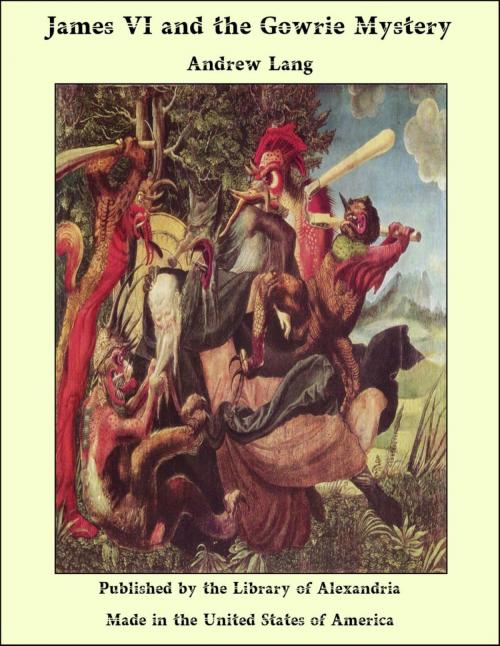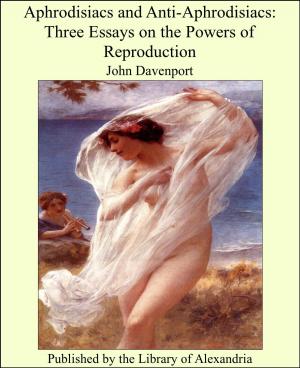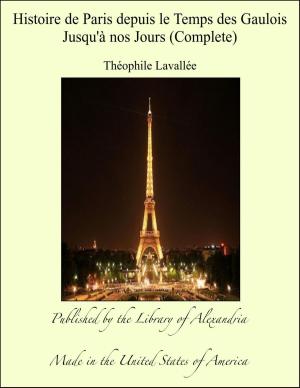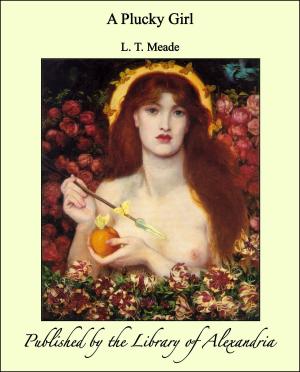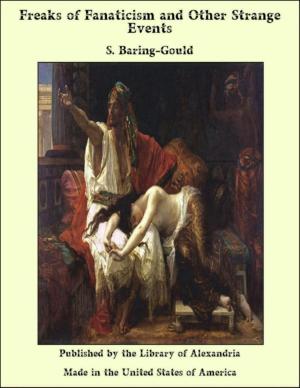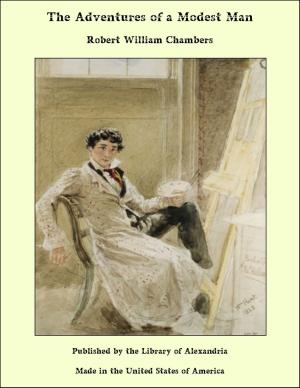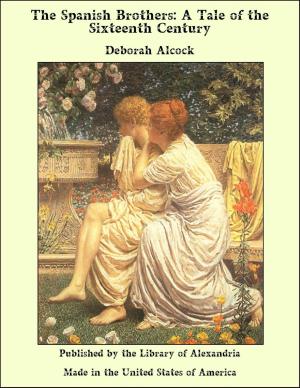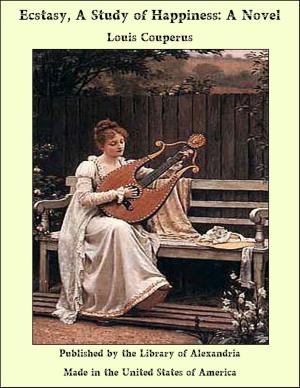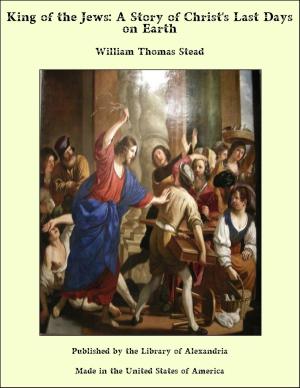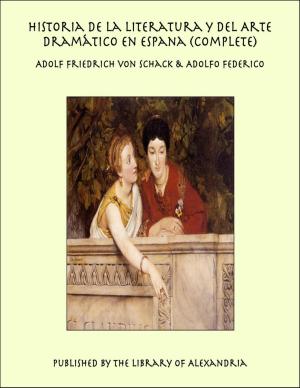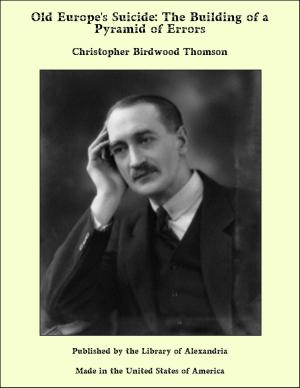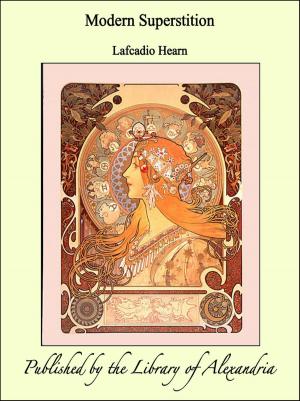James VI and the Gowrie Mystery
Nonfiction, Religion & Spirituality, New Age, History, Fiction & Literature| Author: | Andrew Lang | ISBN: | 9781465600929 |
| Publisher: | Library of Alexandria | Publication: | March 8, 2015 |
| Imprint: | Language: | English |
| Author: | Andrew Lang |
| ISBN: | 9781465600929 |
| Publisher: | Library of Alexandria |
| Publication: | March 8, 2015 |
| Imprint: | |
| Language: | English |
An old Scottish lady, four generations ago, used to say, ‘It is a great comfort to think that, at the Day of Judgment, we shall know the whole truth about the Gowrie Conspiracy at last.’ Since the author, as a child, read ‘The Tales of a Grandfather,’ and shared King Jamie’s disappointment when there was no pot of gold, but an armed man, in the turret, he had supposed that we do know all about the Gowrie Conspiracy, that it was a plot to capture the King, carry him to Fastcastle, and ‘see how the country would take it,’ as in the case of the Gunpowder Plot. But just as Father Gerard has tried to show that the Gunpowder affair may have been Cecil’s plot, so modern historians doubt whether the Gowrie mystery was not a conspiracy by King James himself. Mr. Hume Brown appears rather to lean to this opinion, in the second volume of his ‘History of Scotland,’ and Dr. Masson, in his valuable edition of the ‘Register of the Privy Council,’ is also dubious. Mr. Louis Barbé, in his ‘Tragedy of Gowrie House,’ holds a brief against the King. Thus I have been tempted to study this ‘auld misterie’ afresh, and have convinced myself that such historians as Sir Walter Scott, Mr. Frazer Tytler, and Mr. Hill Burton were not wrong; the plot was not the King’s conspiracy, but the desperate venture of two very young men. The precise object remains obscure in detail, but the purpose was probably to see how a deeply discontented Kirk and country ‘would take it.’ In working at this fascinatingly mysterious puzzle, I have made use of manuscript materials hitherto uncited. The most curious of these, the examinations and documents of the ‘country writer,’ Sprot, had been briefly summarised in Sir William Fraser’s ‘Memorials of the Earls of Haddington.’ My attention was drawn to this source by the Rev. John Anderson, of the General Register House, who aided Sir William Fraser in the compilation of his book. The Earl of Haddington generously permitted me to have copies made of the documents, which Lady Cecily Baillie-Hamilton was kind enough to search for and rediscover in an enormous mass of documents bequeathed by the learned first Earl.
An old Scottish lady, four generations ago, used to say, ‘It is a great comfort to think that, at the Day of Judgment, we shall know the whole truth about the Gowrie Conspiracy at last.’ Since the author, as a child, read ‘The Tales of a Grandfather,’ and shared King Jamie’s disappointment when there was no pot of gold, but an armed man, in the turret, he had supposed that we do know all about the Gowrie Conspiracy, that it was a plot to capture the King, carry him to Fastcastle, and ‘see how the country would take it,’ as in the case of the Gunpowder Plot. But just as Father Gerard has tried to show that the Gunpowder affair may have been Cecil’s plot, so modern historians doubt whether the Gowrie mystery was not a conspiracy by King James himself. Mr. Hume Brown appears rather to lean to this opinion, in the second volume of his ‘History of Scotland,’ and Dr. Masson, in his valuable edition of the ‘Register of the Privy Council,’ is also dubious. Mr. Louis Barbé, in his ‘Tragedy of Gowrie House,’ holds a brief against the King. Thus I have been tempted to study this ‘auld misterie’ afresh, and have convinced myself that such historians as Sir Walter Scott, Mr. Frazer Tytler, and Mr. Hill Burton were not wrong; the plot was not the King’s conspiracy, but the desperate venture of two very young men. The precise object remains obscure in detail, but the purpose was probably to see how a deeply discontented Kirk and country ‘would take it.’ In working at this fascinatingly mysterious puzzle, I have made use of manuscript materials hitherto uncited. The most curious of these, the examinations and documents of the ‘country writer,’ Sprot, had been briefly summarised in Sir William Fraser’s ‘Memorials of the Earls of Haddington.’ My attention was drawn to this source by the Rev. John Anderson, of the General Register House, who aided Sir William Fraser in the compilation of his book. The Earl of Haddington generously permitted me to have copies made of the documents, which Lady Cecily Baillie-Hamilton was kind enough to search for and rediscover in an enormous mass of documents bequeathed by the learned first Earl.
